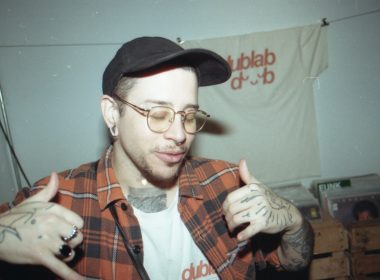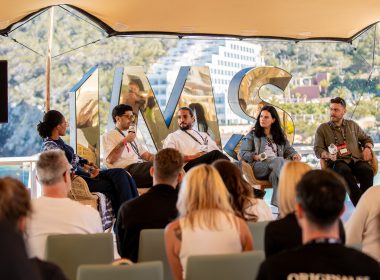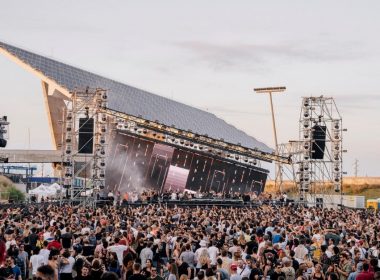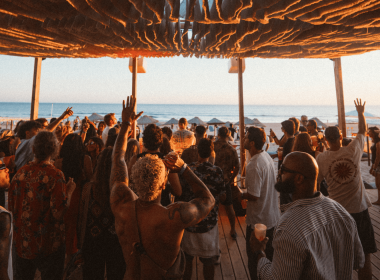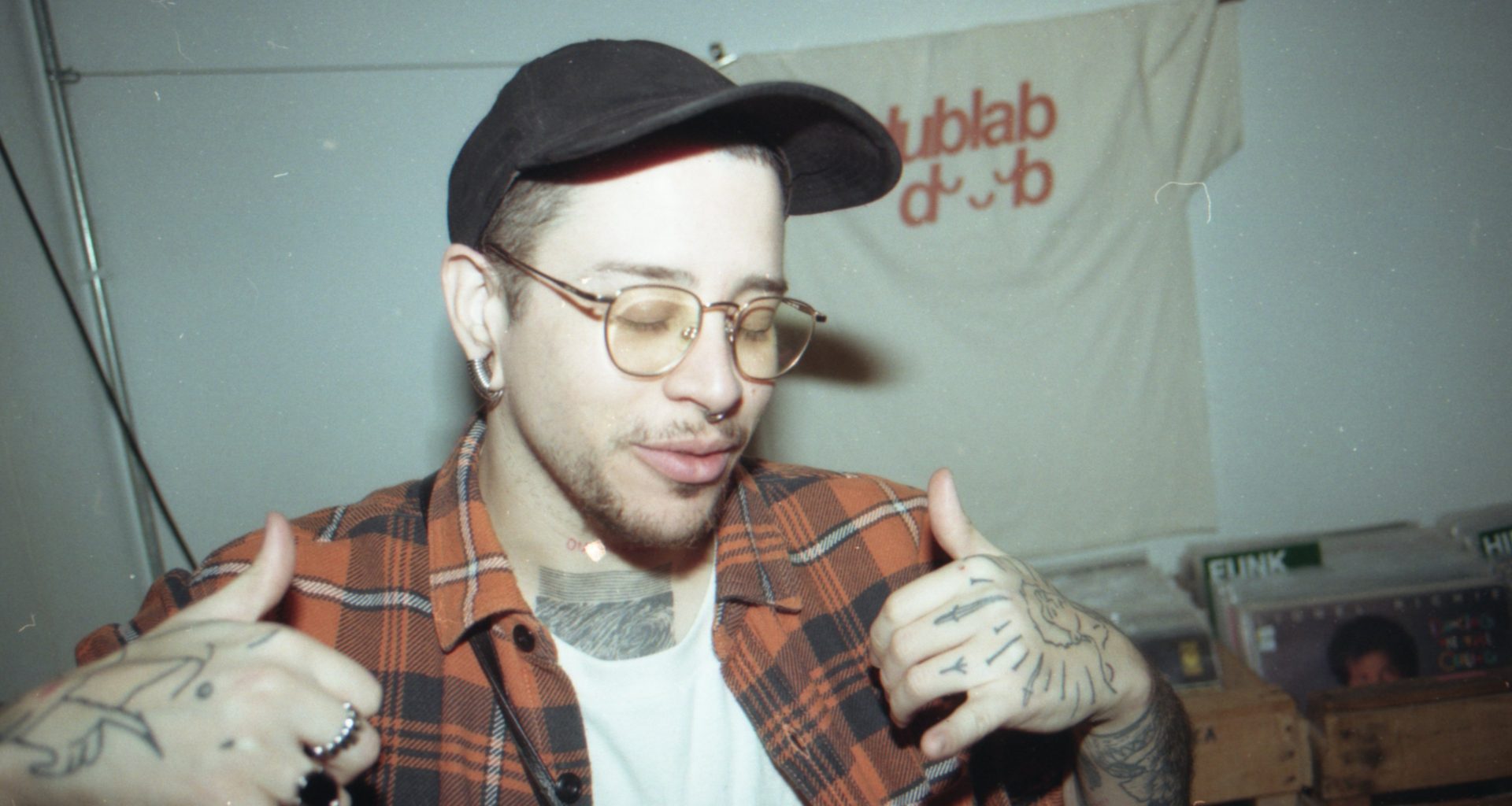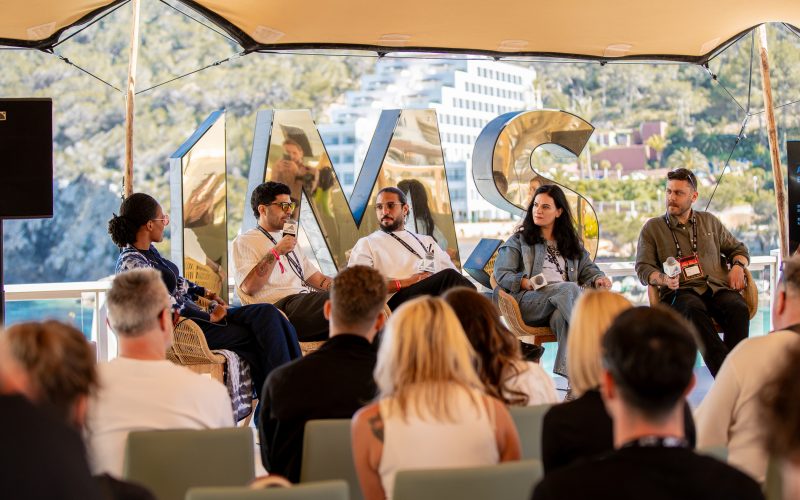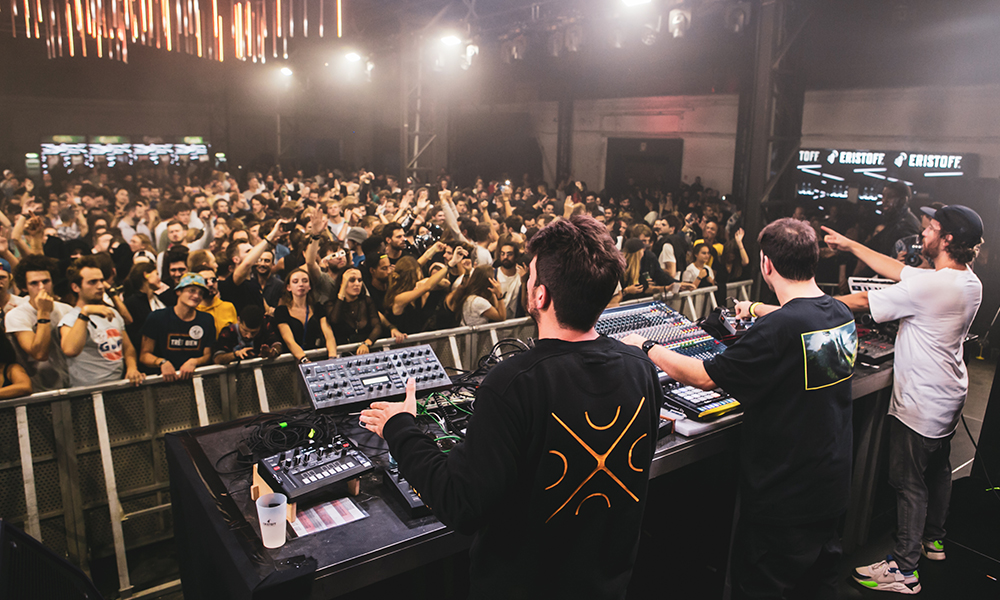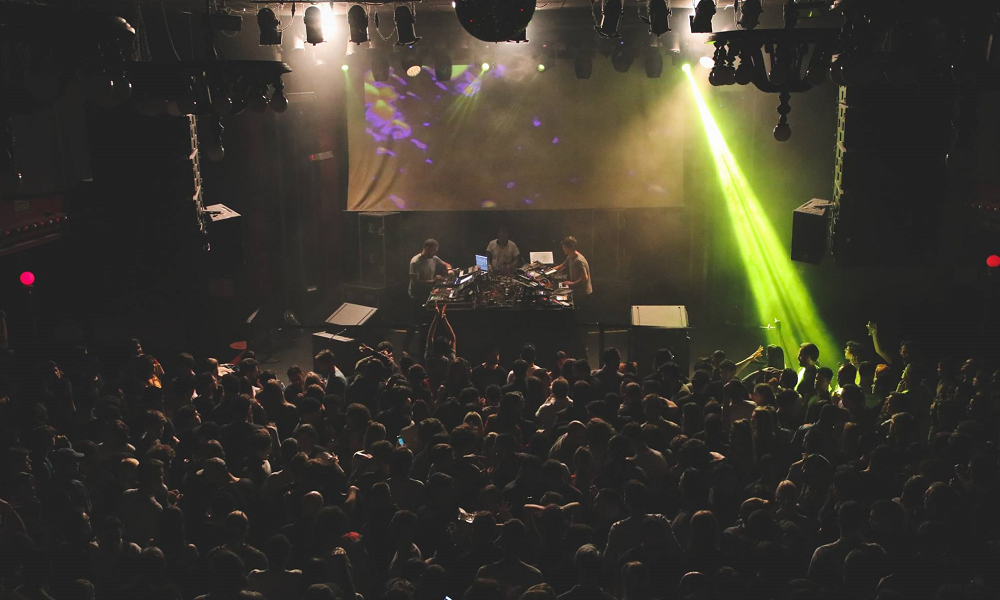This year marks ten years since dublabBCN began streaming from the heart of Barcelona. What started in 2015 as an extension of Los Angeles’ cult experimental radio station has since evolved into one of the city’s most respected underground media platforms — a living archive, a community-builder, and a reflection of local culture in constant transformation.
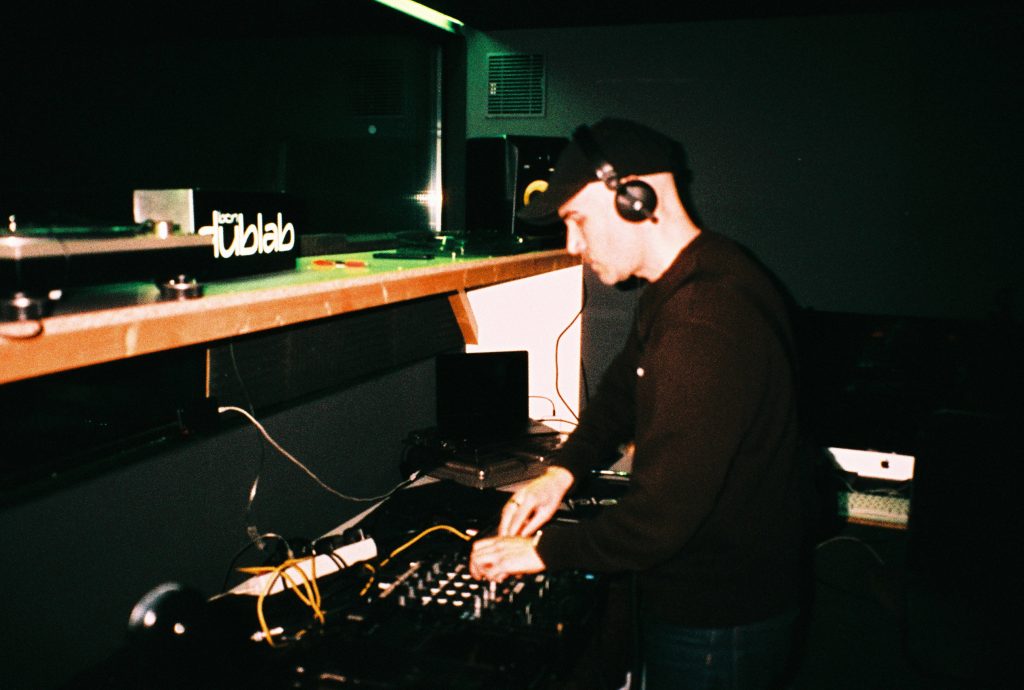
As a non-commercial, community-run project, dublabBCN has done more than document music. It’s captured generational shifts, spotlighted collectives before they had names, and offered a space for deep, unscripted listening in a landscape shaped by algorithms and content fatigue.
To celebrate this milestone, we sat down with the current team to talk about everything from self-management and sustainability to intergenerational exchange and slow radio as resistance. Their words are a reminder that radio, when built from the ground up, can become a shared memory device — and a radical act of care.
dublabBCN’s 10th anniversary weekend takes place May 24–25 at Sala Meteoro and Salvadiscos.
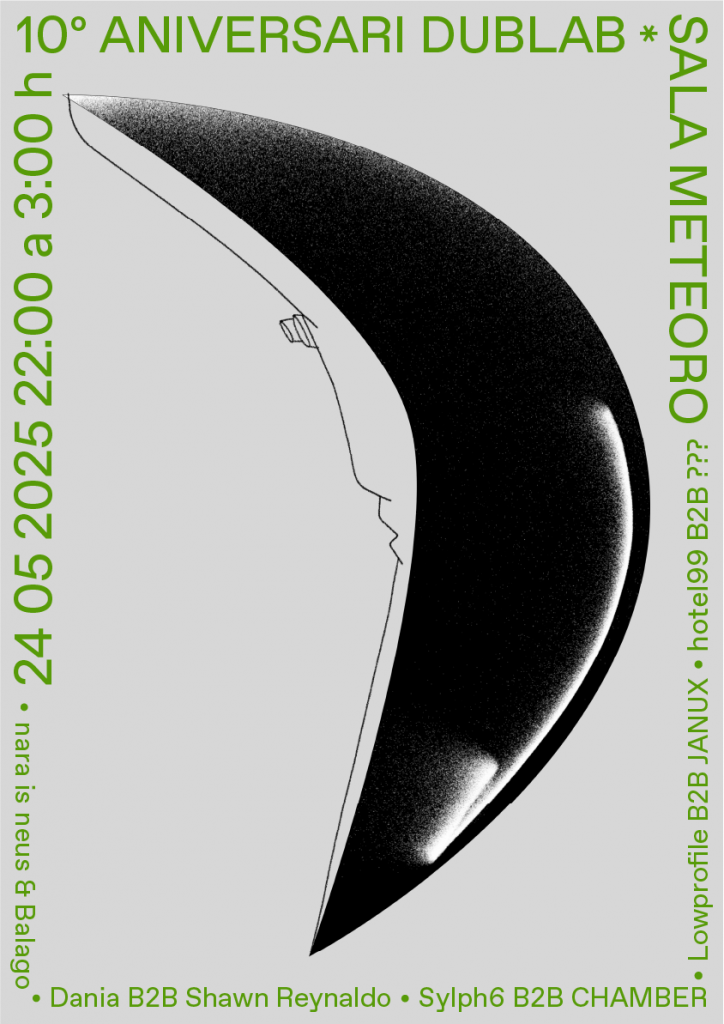
How did you get involved in dublabBCN? What led you to manage the local branch, and how does it relate to the rest of the global dublab network?
dublabBCN was launched in 2015 by Cristian, who had been involved with dublab Los Angeles as a contributor. When he moved back to Barcelona, he proposed setting up a local branch instead of continuing his show remotely. That’s how dublabBCN began, and it’s grown and evolved over the years, especially after the pandemic — which deeply impacted the project’s sustainability. A couple of years ago, a reorganization process began, and we organically stepped into the current management.
Even though we share an ideological connection with dublab Los Angeles and other branches like Berlin or Tokyo, each node operates independently. We’re aligned in values, in community focus, and in the way we approach curation — but every branch is adapted to its local reality. Recently, we’ve started discussing more active collaboration across cities, like monthly show exchanges, to reinforce the sense of international interconnection.
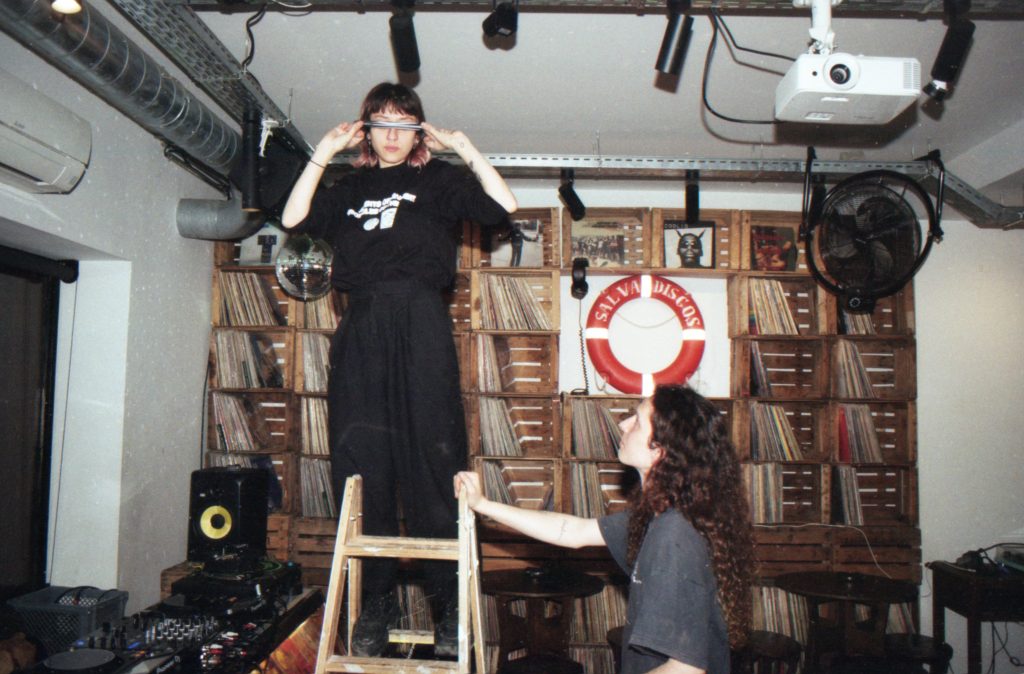
You’ve become an active archive of Barcelona’s underground. Has that role evolved beyond music, into something broader for the city’s cultural history?
Over these ten years, dublabBCN has become a living archive of Barcelona’s underground scene — a platform that documents, through sound, the evolution of a constantly shifting cultural fabric. This wasn’t an explicit goal at first, but something that developed organically through consistency, diverse voices, and a collective drive to share knowledge, creativity, and critical thought.
The archive is now a valuable record of the hundreds of people who’ve passed through the radio — artists, collectives, thinkers, and cultural agitators who brought unique points of view and experimentation. Many shows have explored not just music but social, political, and cultural issues, turning dublabBCN into a dynamic tool for documenting both the present and recent history of the city.
The radio has always been — and still is — an open, community-led, organic space where generational handover and fluid formats help capture the most vital and challenging expressions of the local scene.
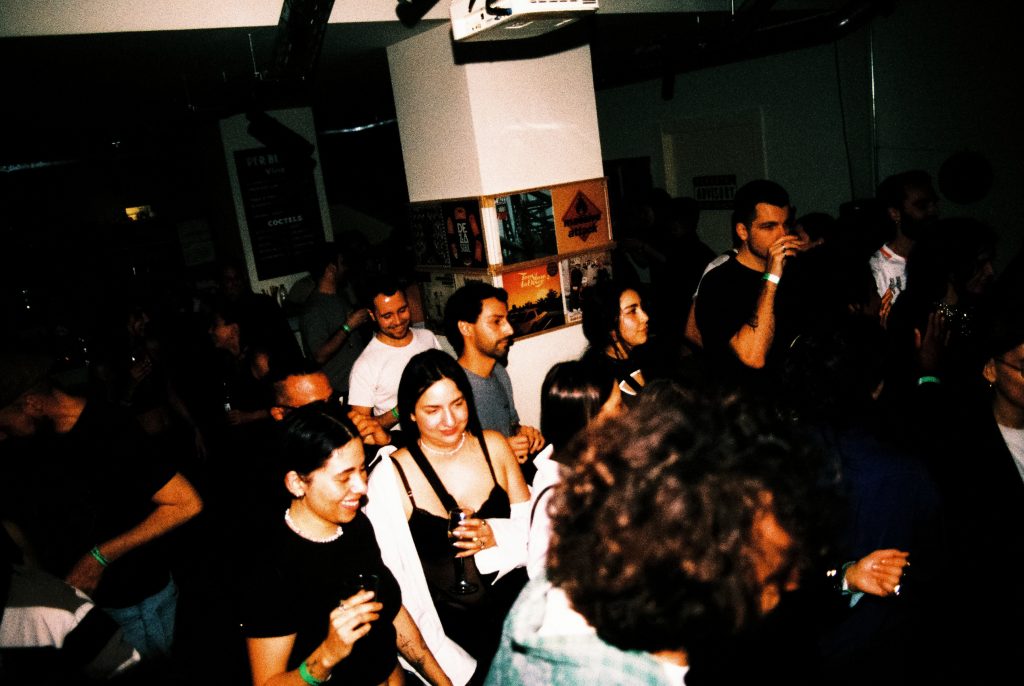
What have been the challenges of keeping the project independent and community-led in today’s globalized environment?
One of the biggest challenges has been balancing sustainability with community commitment. Given the current socio-economic context, our model relies on self-management and voluntary involvement. While that can be deeply rewarding, it requires smart task distribution and care to avoid burnout.
Rather than chasing growth, we focus on building a functional, representative structure that respects the rhythm of the people involved. This approach also shapes our programming — we prioritize not just quality content, but real community involvement from our hosts. We look for diverse proposals that reflect the sensitivities, generations, and backgrounds that co-exist within the platform.
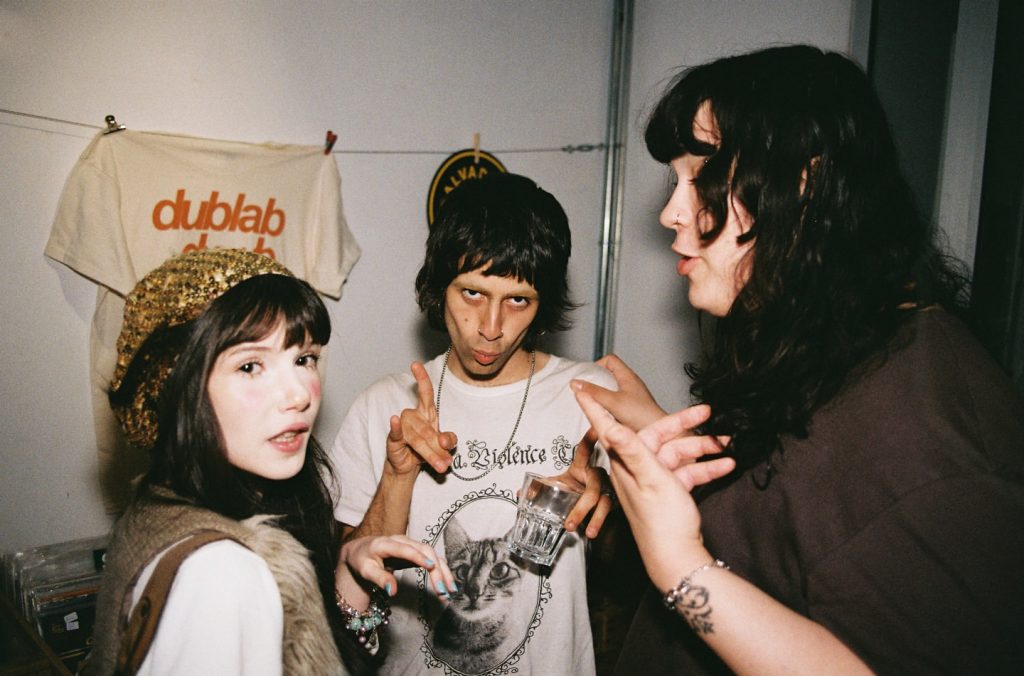
In an age of fast, algorithmic listening, what role do platforms like dublabBCN play in shaping slower, more intentional sound experiences?
We still strongly believe in offering content that pushes against fast consumption. In a world driven by algorithms and short attention spans, we defend listening as a space for reflection, discovery, and emotional connection.
Our shows aren’t built for virality or market dynamics. They’re created with care, depth, and intention. That’s why we encourage listening through our own website — a space where each program is supported by full tracklists, host bios, detailed descriptions, and context. It allows for a richer, more informed experience and builds a deeper relationship with what’s being shared.
Through this approach, we’ve seen that there is an audience — loyal, curious, and critical — that values slow radio. That audience is what keeps us going. It’s how we stay true to our pace and principles.
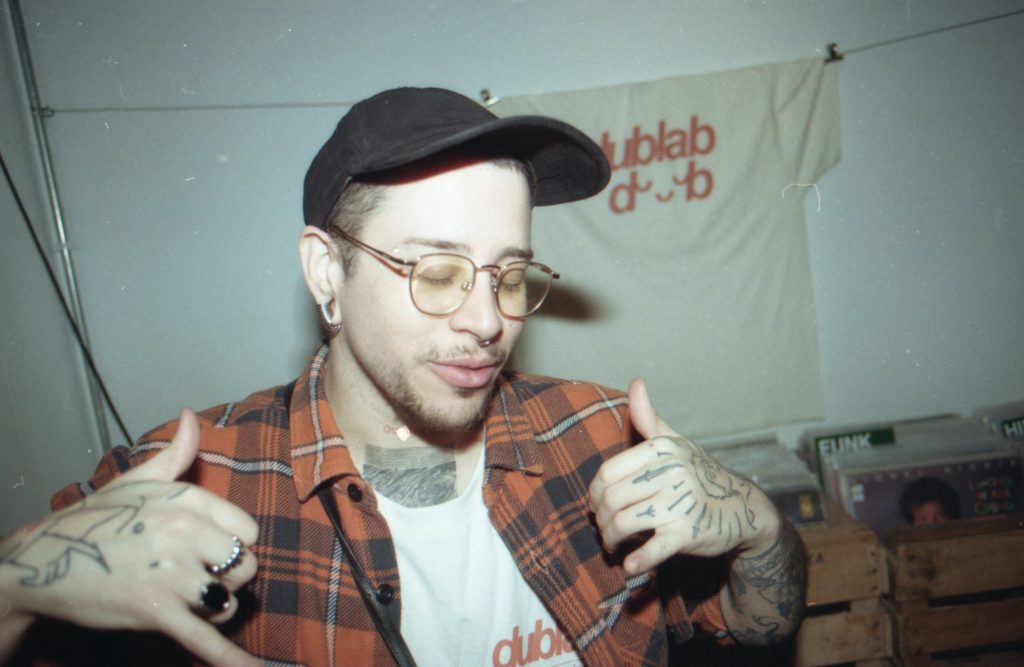
The anniversary programming brings together both long-time contributors and new names. How do you balance memory and future within your community?
We see memory as essential to moving forward. The links between historical voices and new members are what keep the platform alive and evolving.
The project is built to be open and constantly in flux. We’re always trying to make space for new perspectives and ideas, because we believe generational diversity is key to avoiding stagnation and keeping the project vital.
One special thing about dublabBCN is that people who’ve been involved often stay emotionally connected to the platform — even if they’re no longer active. Many continue to support or participate occasionally. That sense of belonging strengthens the community and proves that dublabBCN is more than a radio station. It’s a shared space for memory and cultural building.
Looking forward — what would you like dublabBCN to grow into over the next 10 years?
Our priority is to continue strengthening the community and deepening the ties between artists, collaborators, and audiences. We’re not focused on media visibility — we want to remain useful, meaningful, and representative to the people who are part of this.
There are projects we’ve wanted to launch but haven’t had the resources for: artist residencies, international meetups, a more accessible digital archive. But above all, we want to keep learning, listening, and improving our self-management model with care and responsibility.
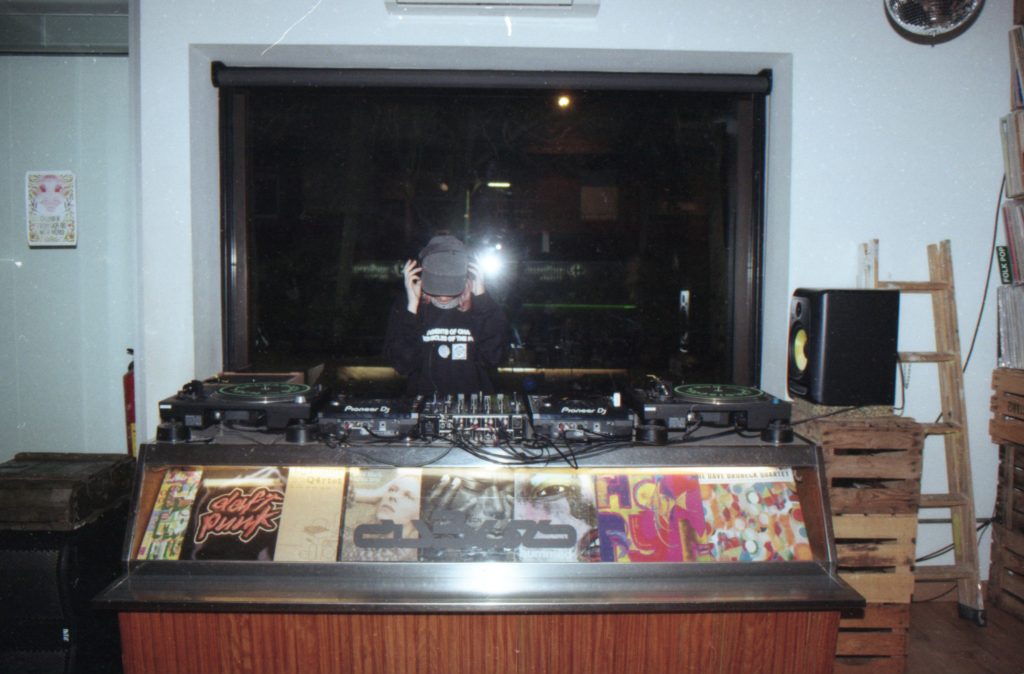
Discover the full 10th anniversary lineup and join the celebration.
Get your tickets now via XCEED



